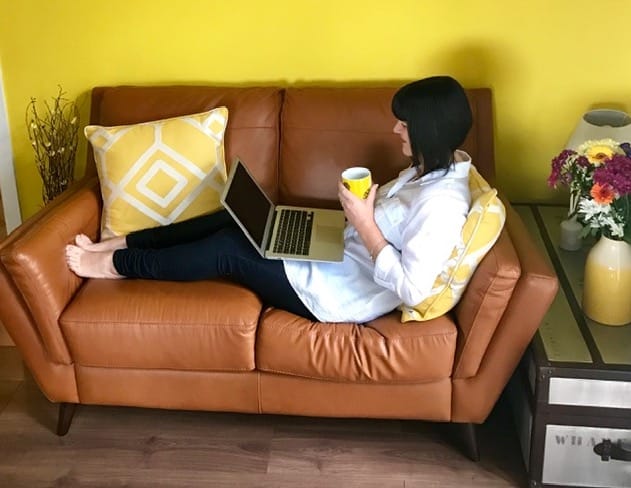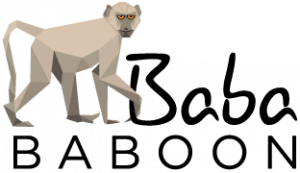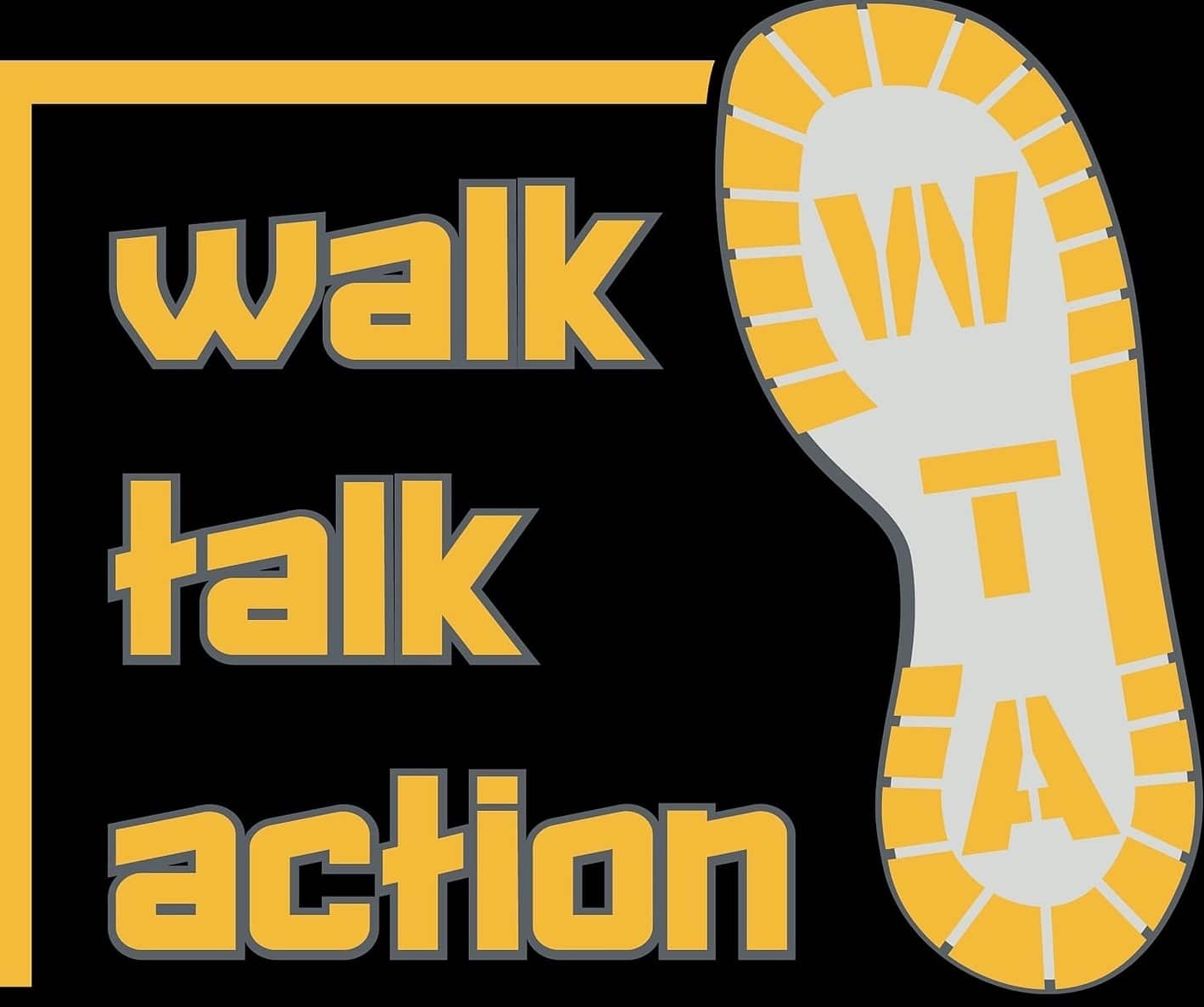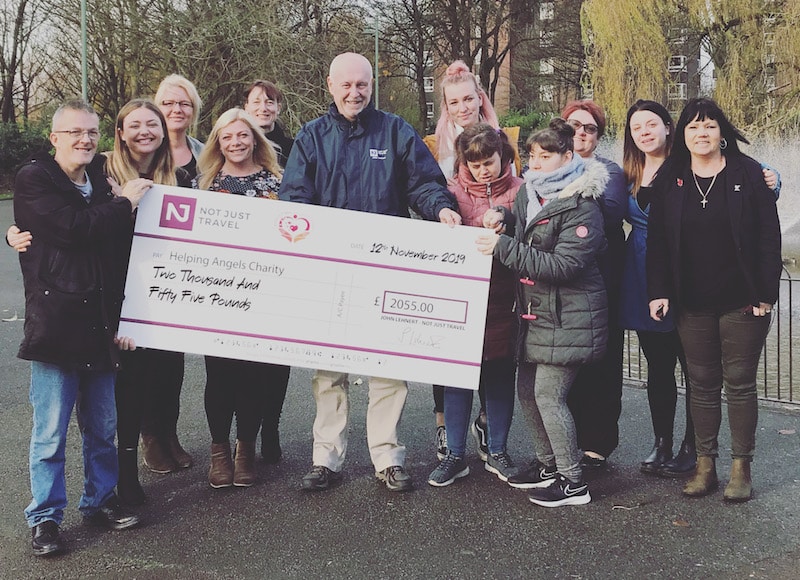How to become a Book Detective? – Guest Blog by Mel Sherratt
Mel Sherratt is the author of fourteen crime novels, all of which have become bestsellers. She works with publishers as well as self-publishing and has sold over 1.5 million books. She’s also written four books under the pen name of Marcie Steele.
For the past four years, Mel has been named as one of her home town of Stoke-on-Trent’s top 100 influential people. Shortlisted for the Crime Writer’s Association Dagger in the Library in 2014, she regularly appears at festivals and is featured in newspapers and magazines.
Here Mel shares her thoughts on writing a book – Detective Style!
At the start of 2020, I had no idea that self-isolation and social distancing were going to be the words of the year. Here in Stoke, I’m hunkering down, staying at home and being sensible. I can’t think of anything more important to do than that right now to help our NHS and vital key workers to keep vulnerable people alive. Coronavirus is highly infectious and some of the shocking footage being shown from around the world, and the UK, is something that I am struggling to comprehend right now.
As lots of companies and individuals are doing things to help people stay fit and healthy and look after mental health as we find themselves at home for long periods of time, I’ve been trying to think of a way to give back. Most people who have heard of me know me as an author. I’ve sold over 1.5 million books since 2011, and am now writing novel number 20. If you’d have told me that back in 2010, I’d have laughed it off. It’s still something that amazes me – and it had a lot to do with the Kindle being launched.
Lots of people probably see my ‘overnight success story’ and not the twelve years of rejection I had before I decided to take the matter into my own hands and self-publish my first few books. From there, I’ve had some amazing opportunities to work with some incredible publishers. All of this wasn’t just down to luck and timing. It was down to hard work, long hours around a full-time job, and never giving up.
In 2006, I was writing women’s fiction and I went to meet my first agent. I remember going down to London, taking my husband along as I hadn’t been before and didn’t dare go on my own. Even now train fares from Stoke-on-Trent can be ridiculously expensive if you need to be in London for a certain time, so back then we travelled by coach. It would have been cheaper still if we’d realised that there were no long stay car parks for us to use near to the bus station… because we were ready to catch the coach, we came back to a parking ticket.
But I was going to see an agent! I had been dreaming of this moment since 1999. We trawled across London and hung around until the appointment time. I remember standing at the bottom of the steps before I went into the offices, having my photo taken, just in case I was signed up.
The agent said that she’d been looking for a woman with a strong voice for a while, told me how many submissions she had every week (over 100) and that if I wanted to work with her, I needed to do my homework. The best piece of advice she gave me was deflating, but it was the finest guidance I’d ever received. She said I needed to become a book detective.
She told me to buy or borrow my favourite top ten books in the genre that I wanted to write and analyse them. She sent me a checklist of what to look for. I can’t recall exactly what was on it but if I was to do it again right now, it would look something like this:
What is/are the main character/s likes and dislikes?
You can tell a lot about a character by their traits, idealisms, background and class, but try and think past the stereotypes for your own characters. I know some books have to have particular types to stay ‘in genre’ but equally, you can give one a quirk that readers will remember more than the fact he/she was nasty or beautiful. For example, a man covered in tattoos and piercings can frighten people until we realise he gives his time to work in a food bank. A woman in a suit can seem like a professional but underneath she could be a con-artist after her next victim to rip off.
The hook at the end of each scene/chapter
What makes you want to read the next scene/chapter? Has the author dropped little breadcrumbs that make you want to turn the page or click that kindle to see? Has the reader made you care enough to continue? Write out each hook that you can see.
Spot the sub plots
Most books have one main plot and several characters with sub-plots alongside it. These all link and then come together the nearer to the end of the book you get. Figure out the subplots as well as thinking about the overall theme of the book. Write down the action points, when you figured out the twist, and the ‘no going back’ moment.
Every author will work hard to put in red herrings, subtle hints of what is coming and layer elements of surprise. It makes me smile when readers say they ‘guessed’ who the bad guy was and got it right. Lucky guess or a clever author who has weaved in things you noticed at the right time to get you to that conclusion?
Did you figure out the twist or was it a shock to you? Write down the reasons for both. If you changed your mind several times, write down each time that happened. It will make you think about plots, clues and misleading readers of your book.
Why would the reader want to read another book by the same author?
Why did you warm to the main character? Was the murder solved satisfactorily? Did the couple fall in love? Is there a promised happy-ever-after ending? Was it too off-the-wall to be believable (although remember we are reading fiction) Did you close the book with the feeling of having read something satisfying? True to the genre? Different to the genre but in a ground-breaking new way?
Choose the most successful novel on your list and analyse this further
What made that book stand out to you, and so many others? Was it a debut novel? Part of a series? A standalone of a successful novelist? Was it a success from publication or did it grow over months and then become a bestseller? Did it get made into a film or TV programme?
Study the buying market
I know some people don’t like reading on the kindle, but we’re not talking about you here. We’re talking about your readers. During this crisis, readers will be able to access digital books far easier than getting them delivered or going out to buy them in print. So study the kindle market.
Have a look in the overall top 100 Kindle books and see what is selling well. Read some of the good and the bad reviews of your favourite authors to see what readers are saying about their books. Study the top one hundred books in your specific genre. Look at what covers they are using. Search using different keywords that you think will be relevant. To be an author, you need to think like a reader.
Then, when it’s safe again, have a look in your local bookstore. Those tables at the front will mostly be dominated either by well-known authors or debuts who the publisher is backing. Further in the store, you’ll get a feel for what readers are looking for – have a look at some covers, then read the blurbs on the back (you can also do this online) Get a feel for the language that is used for marketing in your genre.
Write down any emotion you feel as you are reading, and why
Did you like what the character had done, or did? Was it true to their personality and not just convenient for the plot? Did you feel sorry for them? Were their actions justified or how would you have written that plot differently? Did the character change throughout the book, learn any lessons? In other words, read the book as a reader would, even though you are analysing it.
I hope that whet your appetite. There are many more things you may think about if you do this exercise, and with each book you read, you’ll get to know your genre.
This exercise will take time – sadly, soon now we may have plenty of it. The coming weeks and months are going to be hard for lots of people. But I also think it’s a time to reflect on goals, dreams and aspirations. It sounds stupid to think of anything like this right now, but if it takes away the stress and the pain that is going to be part of life for the foreseeable future, why not take the opportunity to do something positive, imaginative and creative? Keep your mental health as well as you can. To be an author, you need to read, read, read. And there is nothing better than escaping between the pages of a good book.
So open up a document on your computer, laptop or tablet. Create a table that you can use for each book and type the answers in as you go along. Or, if you’re like me and can’t resist a fancy notebook, I’m sure you have one at home that you can use to write out your answers as you read. Once you’ve read a few of your favourite novels, you’ll see patterns emerging and you can use these in your own writing.
All those years of rejection and failure made me even more determined to forge ahead with my dreams. Life often got in the way, but I never gave up. Perhaps we can remember 2020 not only for the year that gave us this nasty virus, but for the year that we had time to work on our dreams and aspirations.
My website is at www.melsherratt.co.uk If you’ve enjoyed this article and are writing, or about to write, your first book, I’m now going to be adding new writing articles there once a week for the next few months.
Stay safe everyone. Mel.
Follow Mel on Twitter at @writermels and Facebook as MelSherrattAuthor.
**Follow BabaBaboon on Twitter @BabaBaboob2017 and Facebook @BabaBaboon











